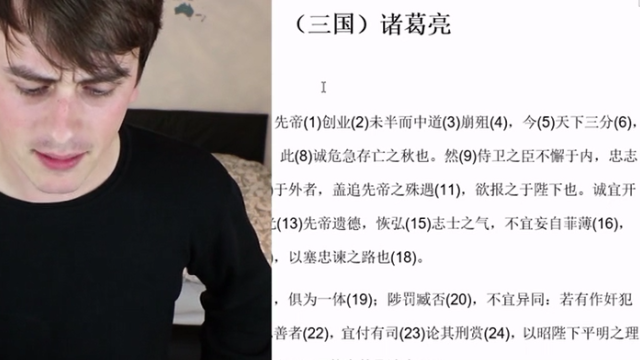小知識:為什么喝酒要碰杯?
來源:國際在線
2010-07-22 08:25
Claim: The ritual of clinking glasses evolved from efforts to prove that the drinks contained therein were not poisoned.
聲稱:碰杯的儀式起源于確認杯中有無毒藥
False
錯誤
Q: Why do people clink their glasses before drinking a toast?
Q:為什么喝酒時要碰杯?
A: It used to be common for someone to try to kill an enemy by offering him a poisoned drink. To prove to a guest that a drink was safe, it became customary for a guest to pour a small amount of his drink into the glass of the host. Both men would drink it simultaneously. When a guest trusted his host, he would then just touch or clink the host's glass with his own.
A:過去常常有人認為在酒杯里放毒來謀殺敵人,為了證實酒是安全的,賓客會把杯中一部分酒倒進主人杯中已成為一種習俗,然后主賓同時喝下去以證明無毒。當賓客信認主人時,兩人就只是碰一下杯子。
Origins: Many explanations have been advanced to explain our custom of clinking glasses when participating in toasts. One is that early Europeans felt the sound helped to drive off evil spirits. Another holds that by clanking the glasses into one another, wine could be sloshed from glass to glass, thereby serving as a proof the beverages had not been poisoned. Yet another claim asserts that the "clink" served as a symbolic acknowledgment of trust among imbibers who did not feel the need to sample each others' drinks to prove them unadulterated.
起源:喝酒碰杯的習俗有很多種解釋。一種是早期歐洲人認為碰杯的聲音可以驅(qū)逐惡靈。另一種解釋堅持認為碰杯時雙方各將自己的酒向?qū)Ψ降木票袃A注一些,從而證明酒中無毒。然而還有另一種則認為:碰杯是一種象征性的相信酒是干凈的,不需證明有沒有放毒。
To get at the real reason for the clink of glass on glass, we have to first look at why and how we toast, and where the practice originated.
那么要找到喝酒碰杯的真正原因,我們首先應該了解的是我們?yōu)槭裁春染疲吭趺春染??并會在什么樣的情況下碰杯?
The custom of sealing with booze expressions of good wishes for the health of others dates back so far that its origins are now lost to us, yet in numerous cultures such acts of camaraderie often involved shared drinking vessels. The clinking of individual cups or glasses as a proof of trust wouldn't have meant much when everyone drank from the same bowl. Indeed, in those cultures where shared drinking containers was the norm, to produce one's own vessel in such company was to communicate an unmistakable message of hostility and distrust; it would have been regarded as akin to bringing along a food taster to sample the repast.
我們很難找到喝酒狂歡表達良好祝愿如身體健康等的起源。然而在眾多中,朋友之間的行為會經(jīng)常涉及到祝酒,每個人從同一個碗里喝酒,那么碰杯就不再是信任彼此的證明。實際上,在這樣一種文化里,公用同一個酒器成為一種規(guī)則,單獨用你自己的酒杯會帶來敵對和不信任的誤解信息,這將被認為同做餐后的食物品嘗家的品嘗行為來防毒相類似。
Etiquette mavens say one need not clink glasses with everyone present when participating in toasts among large assemblies. Rather than reach across vast expanses of wide tables (thereby risking losing your balance and ending up in the guacamole), simply raise your glass and make eye contact with the group.
禮節(jié)上在現(xiàn)在當一個人參加一個大聚會時不需要和每個人碰杯。相比較隔個大桌子(而冒著失去平衡的危險)碰杯而言,還不如舉起酒杯眼神交流感情來得真切。











